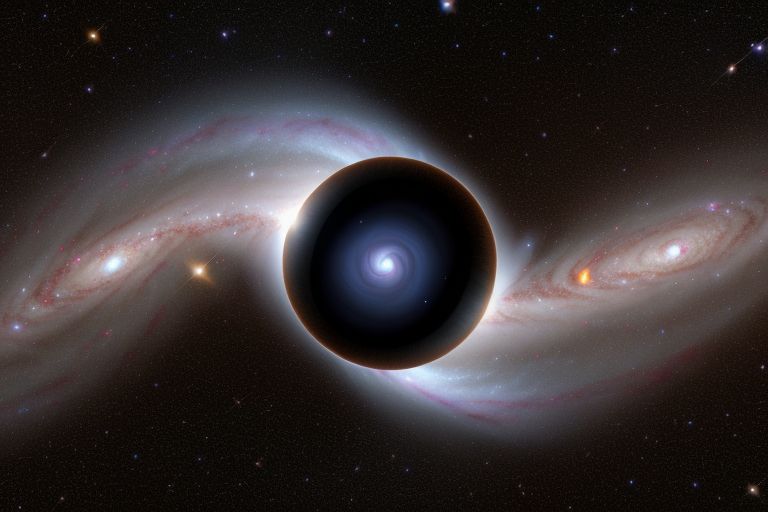
Astronomers Discover Mysterious Galaxies with New Space Telescope
Astronomers have made significant discoveries using the James Webb Space Telescope (JWST), challenging our current understanding of the universe’s early days. One of the groundbreaking observations is the discovery of ancient galaxies that existed only one to two billion years after the Big Bang. This finding, led by Distinguished Professor Karl Glazebrook and an international team, centers on a massive quiescent galaxy that defies previous theoretical models by showing galaxies formed much earlier than previously thought.
The observations were made possible by JWST’s advanced capabilities, which allowed researchers to confirm the nature of a galaxy that was too red and faint to be measured with the largest telescopes on Earth. This galaxy’s discovery, through spectroscopic observations, opens new questions about galaxy formation and evolution, particularly how these massive galaxies formed so quickly in the early universe and what processes led them to stop forming stars abruptly.
The discovery challenges the fundamental paradigms of modern astrophysics, which predict a decline in the number of massive galaxies in early cosmic times. The existence of such massive galaxies early on poses significant challenges to our standard model of cosmology, especially concerning the concentration and evolution of dark matter.
The observations suggest that our current understanding of how dark matter influences galaxy formation may need revisiting, as these early massive galaxies indicate that massive dark matter structures may have formed much earlier than previously believed.
This discovery is a testament to JWST’s role in pushing the boundaries of our knowledge about the universe, setting a new record for observing massive galaxies forming early in time. It serves as a new opening for understanding the physics of dark matter and may lead to significant revisions in our theories of galaxy formation.